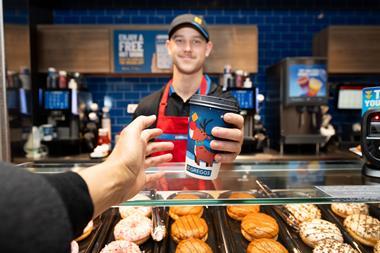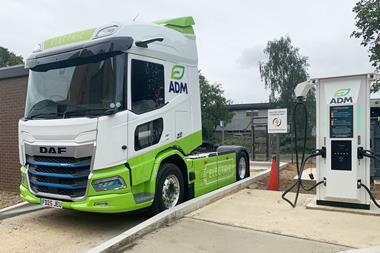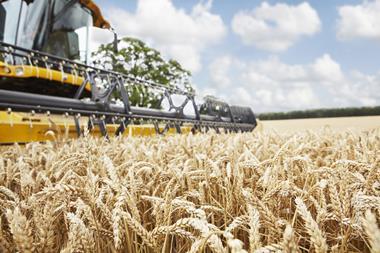Carr’s Milling Industries has attributed a 64.9% drop in profit before tax to £400,000 to over-capacity in the flour milling industry and volatile wheat costs.
The Carlisle-based agricultural and food firm announced its full-year financial results this morning, revealing a 2.6% decline in revenue to £80.5m from its three flour mills in Fife, Cumbria and Essex.
The company attributed the drop in sales for the 52 weeks to 1 September 2012 to “significant industry-imposed selling price and rising wheat prices”.
Richard Inglewood, chairman of Carr’s Milling Industries, said: “The continuing over-capacity in the flour milling industry had a negative impact during the period when volumes were down by 1% and the wheat price was volatile with a price range of £180 per tonne to £250 per tonne experienced in the last 12 months.
“The financial impact on this was partly mitigated by the performance of our wheat handling facility at Kirkcaldy, which exceeded our expectations, and the continued growth of speciality flour sales, in particular the expansion of our products sold to the ethnic food market.”
The decision to build a new £17m flour mill in Kircaldy port, announced back in July, followed a comprehensive review by the board of the options available to improve financial performance, and increase the competitiveness of Carr’s in a difficult market.
Other financial highlights of the Carr’s group’s full-year results included an 8.2% rise in revenue to £404.1m and an increase in ebitda of 19.6% to £18.4m.
Revenue at the Carr’s agriculture business was up 7.7% with profit before tax up 15.6%, while its engineering division saw revenue increase by 65.2% and a 183.8% rise in profit before tax for the full year.
The company made an investment of £8.9m during the period with a net debt of £2.5m.
Chris Holmes, chief executive of Carr’s, said: “Our agriculture businesses are likely to be the main source of growth in 2013. The drivers of growth are the demand for Carr’s proprietary products for livestock across all markets as well as the expansion of the retail, machine franchise, and fuel depot networks in the UK.”
































No comments yet